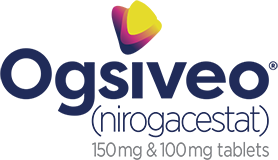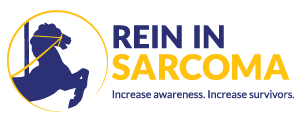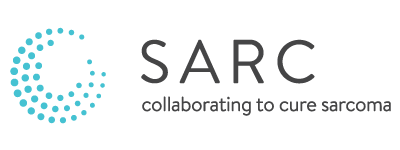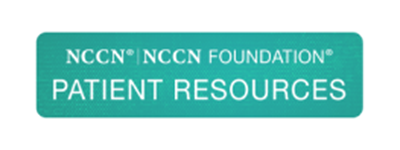OGSIVEO Resources
ICD-10-CM Codes for Desmoid Tumors
Location-specific ICD-10-CM codes for desmoid tumors went into effect on October 1, 2023. The codes can help you document location-specific desmoid tumor diagnoses in your patients.
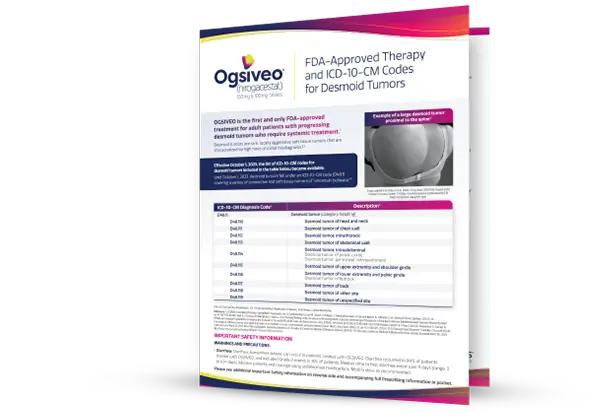
How to Order/Rx Guide
Discover how to prescribe OGSIVEO for your adult patients with progressing desmoid tumors who require systemic treatment.

Patient Brochure
This brochure provides an overview of OGSIVEO for patients considering or starting treatment. It includes safety information, dosing instructions, educational content on desmoid tumors, and more.

DeFi Study Publication
OGSIVEO was evaluated in DeFi—the largest completed Phase 3 trial in adult patients with desmoid tumors. Review the results of this landmark study in The New England Journal of Medicine.
Desmoid Tumor Experts Discuss OGSIVEO and the DeFi Trial
Watch presentations about desmoid tumors and the clinical data for OGSIVEO in the Phase 3 DeFi trial by Dr. Noah Federman, M.D., Director of the Pediatric Bone and Soft Tissue Sarcoma Program at UCLA, and Dr. Robert Lawrence Randall, M.D., FACS, Professor and Chair of the Department of Orthopedic Surgery at the University of California, Davis.
Unmet Need
Watch Dr. Federman and Dr. Randall discuss the burden of desmoid tumors, patient characteristics, signs of disease progression, and management considerations.
OGSIVEO Overview and Patient Case Study
Watch Dr. Federman and Dr. Randall discuss the DeFi trial design, review efficacy and safety results, and present a hypothetical case study of a patient treated with OGSIVEO.
A Collaborative Approach to Desmoid Tumor Care
Insights from a patient, oncologist, and pharmacist
Hear from Leif, a desmoid tumor patient, as he discusses his journey, from initial diagnosis to finding a treatment approach that works for him. He’s joined by his medical oncologist, Dr. Fade Mahmoud, and clinical pharmacist, Alexis Spence, who share their experiences and role in treating patients like Leif as part of a multidisciplinary care team.
Advocacy Groups
The following advocacy organizations can provide additional support and information for your patients with desmoid tumors.
The organizations listed are independent of SpringWorks Therapeutics. SpringWorks Therapeutics is providing these links to help patients find more information about desmoid tumors, but inclusion on this list does not represent an endorsement or a recommendation from SpringWorks Therapeutics for any group or organization. Logos are used with permission.
